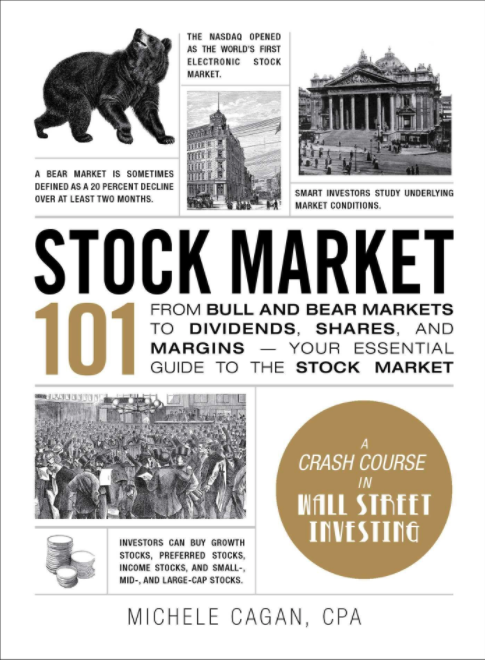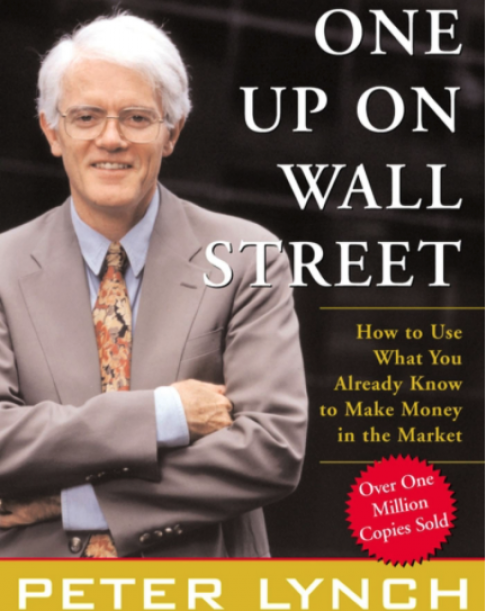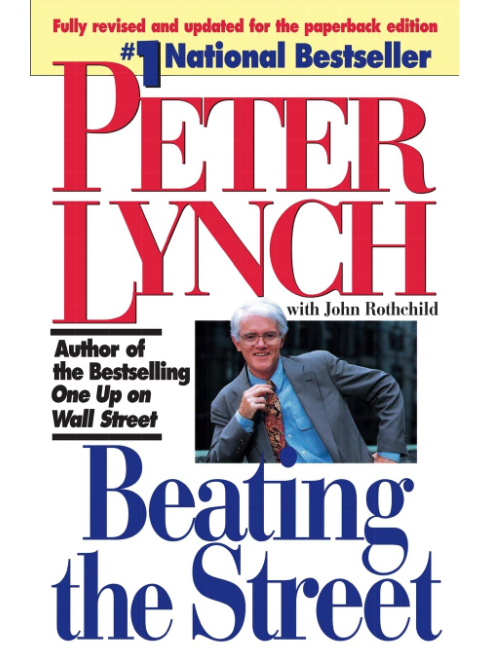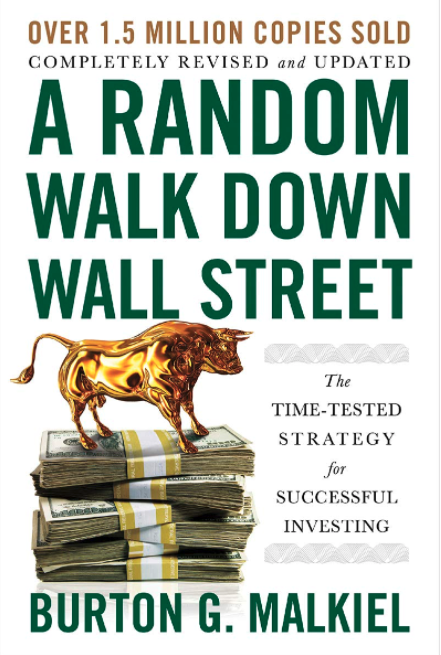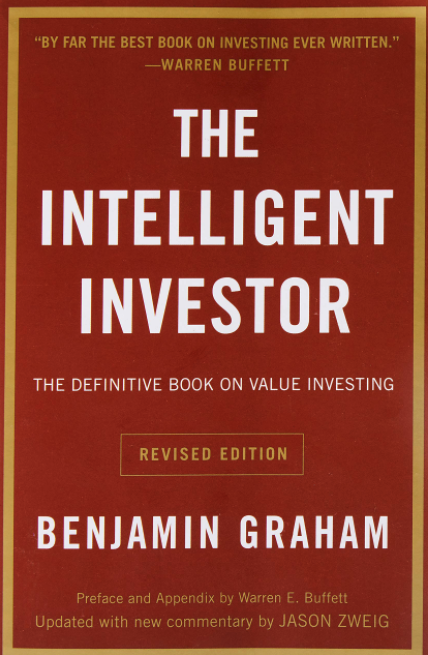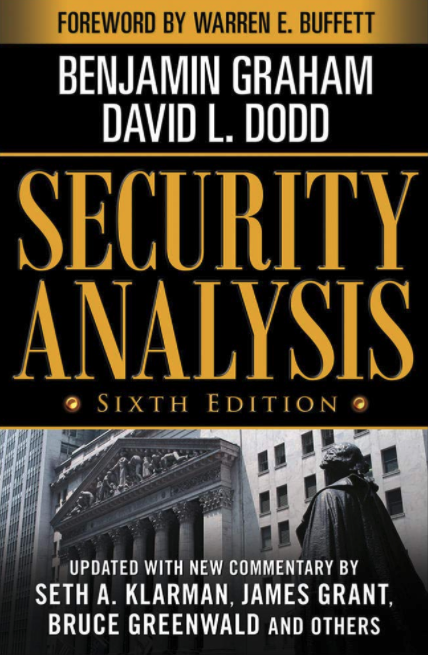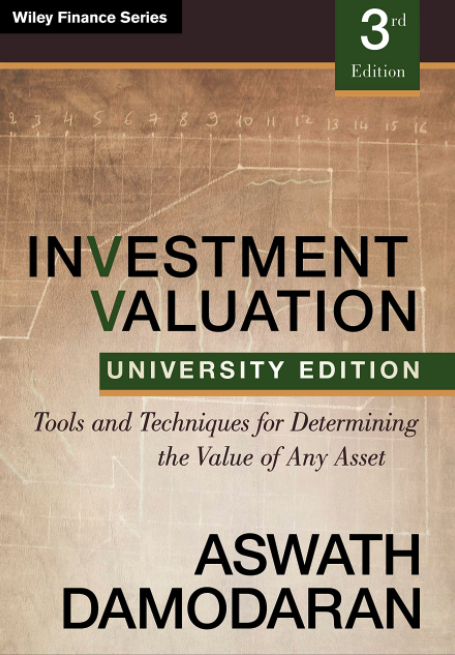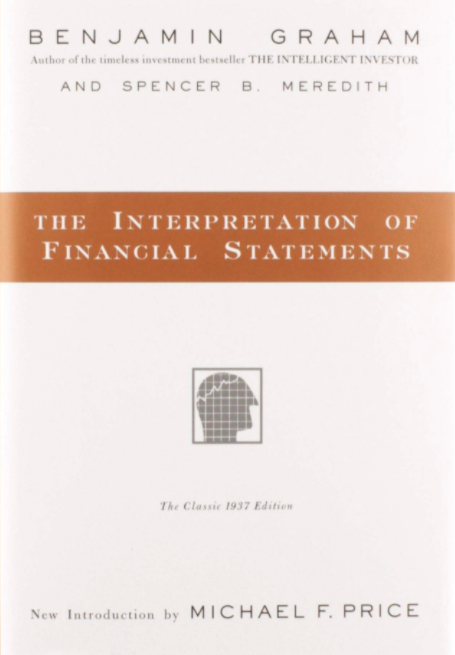Best Books For Investing - Beginners
Stock Market 101
Qualitative & Quantitative focused
If you’re at the beginning of your investment journey, start here. No need to spend hours reading boring books on concepts, theories, or terminology that likely leave you feeling as if you haven’t learned anything tangible. Stock Market 101 lays an excellent groundwork of practical, usable knowledge for a brand-new investor that will enable them to have a competent conversation around investing.
Stock Market 101 is the most efficient place to start you’re looking to get your feet under you quickly.
Too often, textbooks turn the noteworthy details of investing into tedious discourse that would put even a hedge fund manager to sleep. Stock Market 101 cuts out the boring explanations of basic investing, and instead provides hands-on lessons that keep you engaged as you learn how to build a portfolio and expand your wealth. From bull markets to bear markets to foreign exchange markets, this primer is packed with hundreds of entertaining tidbits and concepts that you won’t be able to get anywhere else.
So whether you’re looking to master the major principles of stocks investing or just want to learn more about how the market shifts over time, Stock Market 101 has all the answers – even ones you didn’t know you were looking for.
-TAKEN FROM BACK OF BOOK-
Michele Cagan, CPA
One Up on Wall Street
Qualitative focused
K.I.S.S. Keep it simple stupid, this could be one of the biggest money-making strategies of investing which is rarely used. Often it is tempting to invest your hard-earned cash into fancy sounding companies “on the cutting edge, with massive upside” when you don’t even actually know what they do. Aren’t those the companies that will make you big money?
Probably the opposite – lose big money.
Legendary investor Peter Lynch’s One Up on Wall Street outlines the simple approach you can take to identify the big winners. Don’t confuse simple with low returns, Peter Lynch annualized a 29% return in his investment fund over 13 years…which is nearly 3X the long term average of the stock market.
Peter Lynch is America’s number-one money manager. His mantra: Average investors can become experts in their own field and can pick winning stocks as effectively as Wall Street professionals by doing just a little research.
…
The former star manager of Fidely’s multibillion-dollar Magellan Fund, Lynch reveals how he achieved his spectacular record. Writing with John Rothchild, Lynch offers easy-to-follow directions for sorting out the long shots from the no shots by reviewing a company’s financial statements and by identifying which numbers really count. He explains how to stalk tenbaggers and lays out the guidelines for investing in cyclical, turnaround, and fast-growing companies.
-TAKEN FROM BACK OF BOOK-
Peter Lynch – Magellan Fund
Beating the Street
Peter Lynch’s “invest in what you know” strategy has made him a household name with investors both big and small.
An important key to investing, Lynch says, is to remember that stocks are not lottery tickets. There’s a company behind every stock and a reason companies -and their stocks-perform the way they do. In this book, newly revised and updated for the paperback edition, Peter Lynch shows you how you can become an expert in a company and how you can build a profitable investment portfolio, based on your own experience and insights and on straightforward do-it-your-self research. There’s no reason the individual investor can’t match wits with the experts, and this book will show you how.
-TAKEN FROM BACK OF BOOK-
Peter Lynch – Magellan Fund
A Random Walk Down Wall Street
Whether you’re considering your first 401k contribution, contemplating retirement, or anywhere in between, A Random Walk Down Wall Street is the best investment guide money can buy. In this new edition, Burton G. Malkiel shares authoritative insights spanning the full range of investment opportunities—including valuable new material on cryptocurrencies like bitcoin, and “tax-loss harvesting”—to help you chart a calm course through the turbulent waters of today’s financial markets.
-TAKEN FROM SUMMARY-
Burton Malkiel
Best Books For Investing - Advanced
The Intelligent Investor
Qualitative focused
If you’re really serious about investing, The Intelligent Investor is a must read as it lays an amazing foundation for how to think about investing and investments. Written by the teacher and mentor of Warren Buffett himself, The Intelligent Investor gives you a first-hand look at how to think about risk vs reward, implicit statements you are making with certain investments, and identifying hidden value in companies that on the surface look valueless. Fair warning should be given that this book is no lazy read being nearly 600 pages long and written in 1940’s style English.
The greatest investment advisor of the twentieth century, Benjamin Graham taught and inspired people worldwide. Graham’s philosophy of “value investing” -which shields investors from substantial error and teaches them to develop long-term strategies- has made The Intelligent Investor the stock market bible ever since its original publication in 1949.
Over the years, market developments have proven the wisdom of Graham’s strategies. While preserving the integrity of Graham’s original text, this revised edition includes updated commentary by noted financial journalist Jason Zweig, whose perspective incorporates the realities of today’s financial headlines, and gives readers a more thorough understanding of how to apply Graham’s principles.
-TAKEN FROM BACK OF BOOK-
Benjamin Graham – Teacher of Warren Buffett
Security Analysis
Qualitative & Quantitative focused
If you really want to think with the same mindset of some of the greatest investors to ever live, Security Analysis will set you on that path. While this book is by no means about financial modeling, important in coming up with intrinsic value, Security Analysis spares no detail on the investigative process of a vast array of securities.
This means you will look at a number of different companies, their situation, the offerings (common stock, preferred stock, bonds) they had and the reasonable conclusion to make about how advantageous or not advantageous they were. Maybe the most important aspect of Security Analysis is the realization of where each security is deriving its value from. Fair warning should be given that this book is no lazy read being nearly 600 pages long and written in 1940’s style English.
First published in 1934 Security Analysis is one of the most influential financial books ever written. Selling more than one million copies through five editions, it has provided generations of investors with the timeless value investing philosophy and techniques of Benjamin Graham and David L. Dodd
As relevant today as when they first appeared nearly 75 years ago, the teachings of Benjamin Graham, “the father of value investing,” have withstood the test of time across a wide diversity of market conditions, countries, and asset classes.
This new sixth edition, based on the classic 1940 version, is enhanced with 200 additional pages of commentary from some of today’s leading Wall Street money managers. These masters of value investing explain why the principles and techniques of Graham and Dodd are still highly relevant even in today’s vastly different markets.
-TAKEN FROM BACK OF BOOK-
Benjamin Graham – Teacher of Warren Buffett
David L. Dodd
Investment Valuation
Quantitative & Mechanical focused
Looking for the technical aspects of investing? That is the mechanics, calculations, and financial models to actually take concepts into practice. Investment Valuation by Aswath Damodaran is likely the best book you’re going to find on how to practically apply concepts to real investing. This makes sense as it is the same book used at many universities to teach investment valuation to future analyst.
This book can pose challenging material, however, is the best technical/mechanical book we’ve encountered on these subjects. The next best alternative for this material would be to take in person classes or courses.
Valuation is at the heart of any investment decision, whether that decision is buy, sell, or hold. But the pricing of many assets has become a more complex task in modern markets, especially after the recent financial crisis. Now completely revised and updated to reflect changing market conditions, the Third University Edition of Investment Valuation provides expert instruction on how to value virtually any type of asset -stocks, bonds, options, futures, real assets, and much more.
…
- The valuation lessons learned from the recent financial crisis
- Using real option theory and option pricing models in valuing business and equity
- Valuation of unconventional assets, financial service firms, start-ups, emerging market companies, and many other traditionally valued assets
- Probabilistic approaches in valuation, such as scenario analysis, decision trees, and simulations
- How to choose the right model for any given asset valuation scenario
Aswath Damodaran – Nationally Respected NYU Professor
The Interpretation of Financial Statements
Explanatory focused
If you are looking for an explanation of the items on the 3 financial statements, that is the income statement, cash flow statement, and balance sheet, this book is an excellent light resource. Graham and Meredith give short easy to understand explanations of many of the line items you will find on financial statements. The usefulness of being familiar with these items will entirely depend on how in-depth your getting in investing. If you are simply looking at ratios such as the P/E ratio to make decisions, this book will be limited in value.
The book is short with approximately 100 short length pages.
First published in 1937, legendary investor Benjamin Graham’s timeless guide to analyzing company financial reports has achieved cult status. Long out of print but more valuable than ever for today’s investors, this volume is an exact reproduction of that classic text, restoring the master’s original language. Michael F. Price, one of the legendary investors of our own time, has added an introduction that pays tribute to the enduring value Graham’s little book.
-TAKEN FROM BACK OF BOOK-
Benjamin Graham – Teacher of Warren Buffett
Spencer B. Meredith
